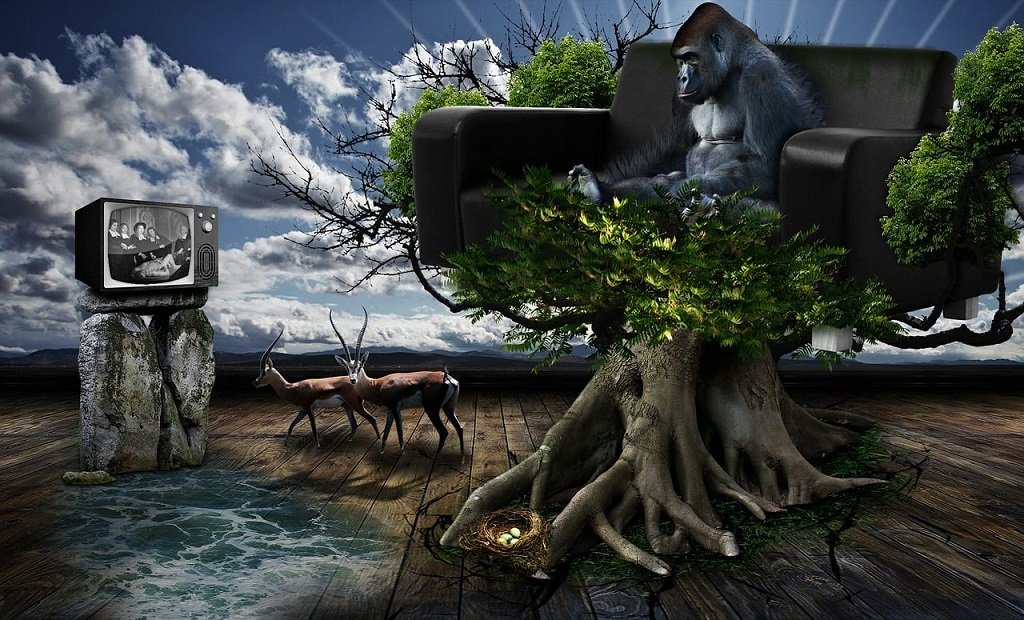Adrian Johnston, the author of “Infinite greed”, is a professor of philosophy and his books and articles on Źiźek are essential reading but with long and sometimes abstruse sentences, they are not for the fainthearted.
 Sean Sheehan
Sean Sheehan
This book, about ‘the inhuman selfishness of capital’, is written in a more accessible style and is equally instructive about its subject matter.
Johnston opposes the common assumption, by defenders and critics of capitalism, that the system’s appeal is to selfishness. A 2020 Credit Suisse Global Wealth report is referenced, about the world’s richest 1% owning 43.4% of total global wealth so Johnston’s contention seems counter-
intuitive. A quotation from Marx announces the book’s thesis: “For capitalism is already essentially abolished once we assume that it is enjoyment that is the driving motive and not enrichment itself”.
Psychoanalysis has long engaged with Marxism, beginning with Freud but including Soviet psychologists like Luria and Western Marx-friendly thinkers like Wilhelm Reich and Herbert Marcuse. Mutual misunderstandings characterize these engagements and Lacan is turned to for enlightenment. Jouissance, inadequately translated as enjoyment, points to the satisfaction that comes from the failure to reach an object of desire that would mend the rift in being. The rift arises from being’s incompletion – there are gaps in the order of being – and the plight of the subject aghast at its own failed existence. Capitalism is ultimately about jouissance, argues Johnston: “the consumerist chasing of the dragon” echoes the capitalist’s chase for profits.
 Selfishness is elevated to a socially dominant form in our lives and greed is specific to capitalists. Money – commodity – more money (M-C-M) is the logic of an endlessly repeating loop.
Selfishness is elevated to a socially dominant form in our lives and greed is specific to capitalists. Money – commodity – more money (M-C-M) is the logic of an endlessly repeating loop.
Grafted onto the libidinal economies of consumers and capitalists, it becomes infinite greed for some. There is no limit to the accumulation of profit (surplus value). Money never sleeps and, says Johnston, it leaves us on our backs. M-C-M takes on the force of a drive and the only way to step off the hamster wheel is to cease being a capitalist and cease being a consumer-minded cog in the wheel. As a drive, M-C-M is not about selfishness, it is ‘an impersonal template implanted onto those subjected to capitalism’. Unthinking consumers “deliver themselves up to its icy inhumanity”.
There is plenty to digest in this book’s 300 pages and one chapter, for instance, devotes itself to the way religion has not withered away as one might think it would. Walter Benjamin’s observation that capitalism serves to satisfy “the same worries, anguish and disquiet” as religion is a clue to the direction taken by Johnston. Ideology convinces people that earthly affairs cannot be any different to the way they are and religion is part of the illusion.

“Infinite greed” concludes by returning to Marx and the capitalist logic of surplus value.
What, asks Johnston, “could be more stupid than the automatic, knee-jerk pursuit” of “ever more meaningless quantitative units, all else be damned?”
“Infinite greed: The inhuman selfishness of capital” by Adrian Johnston is published by Columbia University Press.
(Photos: Pixabay and Wikipedia)












.jpg)












